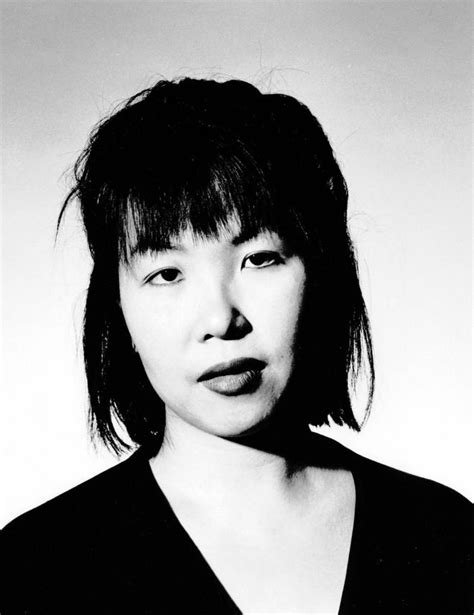A Quote by Tana French
It's OK to screw up. For me, this was the big revelation when I was writing my first book, 'In the Woods': I could get it wrong as many times as I needed to.
Related Quotes
How wonderful it is that we believe in modern revelation. I cannot get over the feeling that if revelation were needed anciently, when life was simple, that revelation is also needed today, when life is complex. There never was a time in the history of the earth when men needed revelation more than they need it now.
OK, so here's the deal. First of all, "The Wall Street Journal" was bought for $5 billion. It's now worth $500 million, OK. They don't have to tell me what to do. "The Wall Street Journal" has been wrong so many different times about so many different things. I am all for free trade, but it's got to be fair. When Ford moves their massive plant to Mexico, we get nothing. We lose all of these jobs.
In my twenties, it was so important for me to show people I had all these other books and these other sorts of writing in me, .. A lot of authors, if their first book is a success, they're terrified to write a second one. But in my case, since the first book wasn't considered a literary book, I was really determined to show people I could do other types of writing.
Actors tend to get in their own way, a lot. A lot of times you will do things that will screw up your audition process. I was very bad at auditioning, and I always went in to it saying ‘God I hope I don’t screw this up.’ But at the same time, the directors are saying, ‘God, I hope this person is the savior.’ You have to remember is that the worst thing that could happen is you don’t get the job you don’t already have.
My children threw me a life line: "Return to your roots - food - and rewrite your first book, Diet for a Small Planet." I learned that if I could just show up, in this case, if I could just get myself out of bed, get to the computer in my tiny office at MIT, and start writing, help would start arriving.
Exercise your imagination muscle! How many uses can you come up with for a flowerpot? Write down your answers. But don't write them in this book. Grab a separate sheet of paper. I didn't spend two and a half weeks writing a book just so you could mark up the pages with your silly ideas for things you can do with a flowerpot. When it comes down to it, what's wrong with a flowerpot not being a flowerpot? Why is nothing ever good enough for you?
Well, first you have to love writing. A lot of authors love having written. But I enjoy the actual writing. Beside that, I think the main reason I can be so prolific is the huge amount of planning I do before I start to write. I do a very complete, chapter-by-chapter outline of every book I write. When I sit down to write, I already know everything that's going to happen in the book. This means I've done all the important thinking, and I can relax and enjoy the writing. I could never write so many books if I didn't outline them first.
The best advice on writing was given to me by my first editor, Michael Korda, of Simon and Schuster, while writing my first book. 'Finish your first draft and then we'll talk,' he said. It took me a long time to realize how good the advice was. Even if you write it wrong, write and finish your first draft. Only then, when you have a flawed whole, do you know what you have to fix.





































